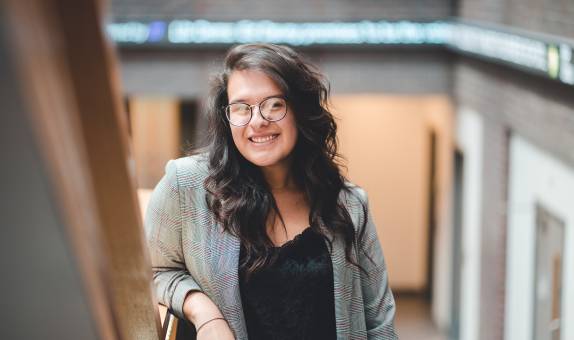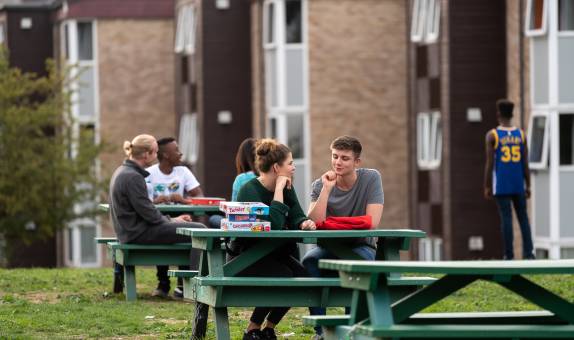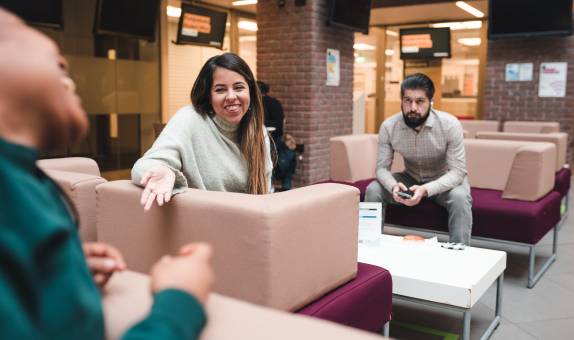How do I get support?
Students will need to register with the Disability and Mental Health Service in order to receive support. If you have declared your disability to the University through your application or the student record system (OSIS), this will not automatically allow you to access support. You will still need to get in touch with our service.
All students must complete the following steps to register with our service and receive support:
- Provide supporting evidence of your disability
- Provide evidence of your disability related study needs to receive a Summary of Support Needs (SOSN) plan
- Sign our consent to share agreement

Register with us
What is a Summary of Support Needs Document?
Once you have registered with the Disability and Mental Health Service, you will receive a summary of support needs document (SOSN). It will be available on OSIS, our student record system.
The SOSN will provide a summary of your diagnosis or impairment and study-related needs. It will also include recommendations for reasonable adjustments tailored to your individual needs and course requirements.
We will use your medical evidence to decide what adjustments need to be made to the way you are taught and assessed. We will also consider whether you have any difficulties accessing the buildings in the University.
Your SOSN will be shared with relevant members of your faculty, including your course team. This is so they are aware of your needs and able to organise and facilitate the support we have suggested within your SOSN.
Please visit our ‘what support can I get' page to find out more about the support you may be able to access during your studies.
Consent to share
As part of registering with the Disability and Mental Health Service, we will ask you to sign our consent to share agreement. This is so you can give your explicit written consent to share information about yourself. Nothing will be shared until you complete this form, even if you have sent in supporting medical evidence and have declared a disability on your application form.
We will respect your right to disclosure and confidentiality, and you can choose what information is to be shared and who to share it with. Please note in some circumstances, choosing not to share your disability may limit the types of adjustments that can be put in place.
If you have any concerns about disclosing your disability, we will be able to advise you and support you through the process.
When we might need to share your information
In very rare circumstances we may need to disclose information to third parties without your express permission. This would only happen if there was a serious risk to your own or others' safety or if we were compelled to disclose the information by law. In such circumstances we would, where possible, endeavour to discuss matters with you before taking any action.
In the event of a serious and/or imminent risk of major harm, other members of the University may be informed or called upon to assist in managing the immediate situation. In these circumstances the Disability and Mental Health Service will, wherever possible, limit any disclosure to only information that is necessary in the circumstances.
Parents and guardians can read more about the information that can be shared about their child at University on our ‘who do we support' page.









